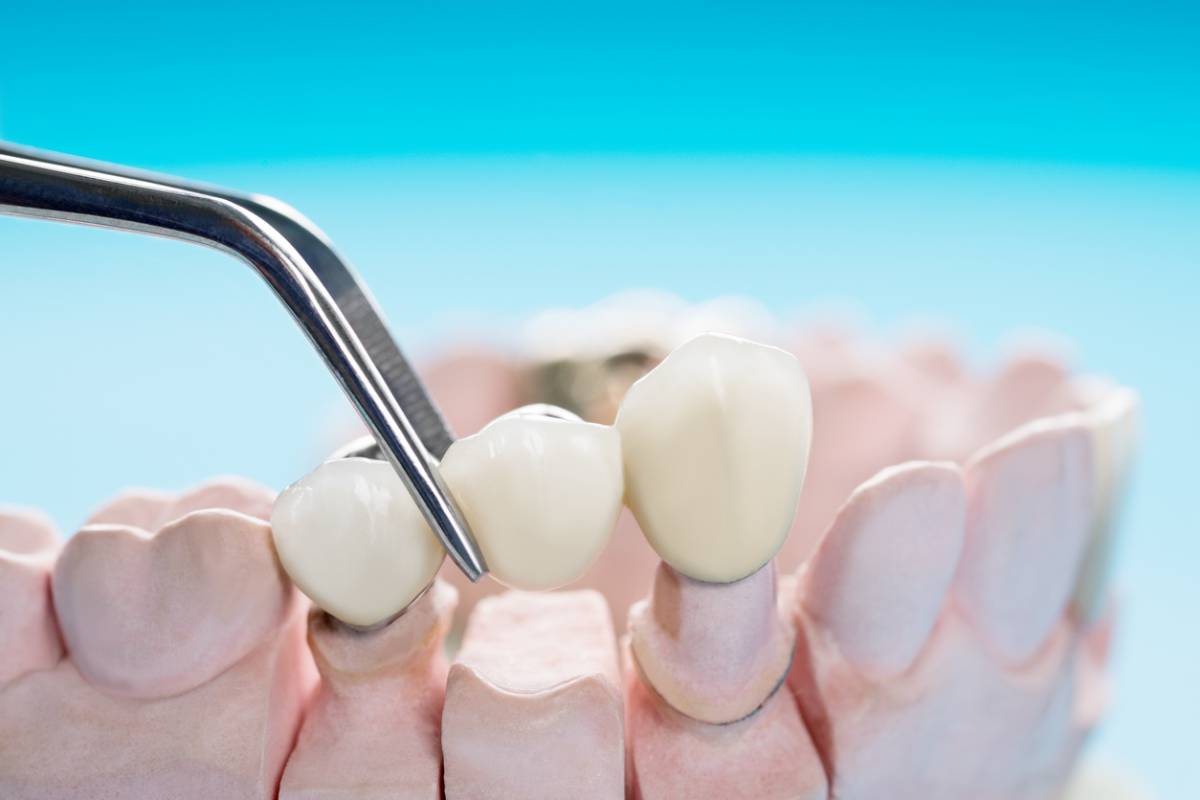Dental bridges are pivotal in filling the gaps left by missing, fractured, or extracted teeth. But did you know that dental bridges also work to fix misalignments and other deep-seated oral health issues? Their purpose extends beyond aesthetics as they enhance the strength of your mouth and prevent potential dental issues down the line. If you are new to cosmetic dentistry, you might be wondering about the main benefits of dental bridges for teeth replacement. Below we cover how to fix teeth alignment with dental bridges.
How to Fix Teeth Alignment with Dental Bridges
Our Turquoise Dental team is here to provide valuable insights on preparing for dental bridges. It is crucial to first have a consultation with your dentist regarding dental bridges, ensuring you’re well-informed throughout the entire process. You will learn how to fix teeth alignment with dental bridges as well as how to prevent further complications by participating in good oral healthcare habits.
Understanding Dental Bridges
For individuals with one or more missing teeth, dental bridges offer an effective solution. The term “bridges” aptly captures their function as they do just that: they bridge the spaces between your teeth, safeguarding against bone degradation and potential facial changes over time. This includes misalignment, which could worsen as dental issues continue to be neglected.
Crafted from a composite material closely resembling your natural tooth, these bridges are positioned between teeth to replace a missing or misaligned tooth. This creates a structural barrier that prevents neighboring teeth from shifting. Dental bridges are a great way to maintain the integrity of your jawbone without resorting to intensive dental implant surgery.
Dental Bridges for Misaligned Teeth
A comprehensive examination is the first step toward getting a brand-new pair of teeth. Your dentist will diagnose the extent of damage and the severity of your misalignment to determine how exactly you can benefit from dental bridges. Once your dentist recommends the right treatment, the next step involves choosing the type of dental bridge most suitable for your condition. Some bridges receive support from implants and crowns. Yet others are placed between adjacent teeth to bridge a gap.
During the preparation phase, feel free to discuss any concerns you may have about dental bridges with your dentist. If future dental implant plans are on your horizon, be aware that oral surgery with full anesthesia will be required. Your dentist will tell you everything you need to know well in advance of any dental treatments.
The Path to Recovery with Dental Bridges
One of the biggest advantages of dental bridges is that the results of the procedure are immediate. Additionally, you’ll notice a visible difference right away. You might experience minor discomfort and pain in the treated area during the healing process, which usually requires a few days of full rest. Taking time off work and giving your body ample rest is recommended. Swelling and inflammation in the mouth and cheeks typically diminish within a week. While adapting to the bridge might require an adjustment period, it will soon feel like a natural part of your mouth.
Maintaining the Quality of Your Dental Bridges
In the initial days of your dental bridge recovery, avoid extremely hot or cold foods. Some foods may prove challenging to consume. Refrain from chewing gum or ice in the bridge area to prevent permanent damage. Your dentist can address any issues that may arise, such as a swollen bite or distortion, stemming from infection or a physical injury after your in-office procedure.
Regular flossing and brushing routines are essential – even and especially with dental bridges! Although composed of composite porcelain, bridges are susceptible to damage and decay, just like your natural teeth. To safeguard your cosmetic dentistry investment, treat your bridges with the same care as you normally would.
Reap the Rewards of Dental Bridges Today!
Dental bridges offer valuable support for missing, misaligned, or broken teeth. The longer you put off your dental health care, the worse your symptoms can get. This may result in permanent oral health problems. Fortunately, we offer several types of bridges that can restore functionality to your mouth. At the same time, they may keep further oral health issues at bay. All you need to do to get started is to contact Dr. Barnar at your earliest convenience!




